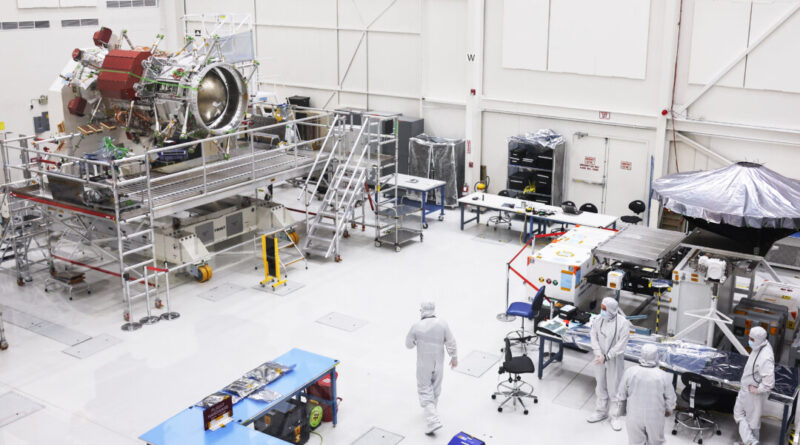NASA’s Jet Propulsion Lab Announces Layoffs of 325 Employees Due to Funding Concerns
PASADENA, Calif.—NASA’s Jet Propulsion Laboratory in Pasadena is expected to lay off about 325 workers Wednesday, affecting roughly 5 percent of its workforce, as it copes with continued concerns about its overall funding.
The cuts were announced Tuesday in a memo to the staff by JPL Director Laurie Leshin. She said the layoffs will occur on Wednesday, when all JPL employees were instructed to work from home.
Leshin mentioned that the number of planned layoffs “is lower than projected a few months ago thanks in part to the hard work of so many people across JPL.”
“The workforce assessment conducted as part of this process has been both extensive and thorough, and although we can never have perfect insight into the future, I sincerely believe that after this action we will be at a more stable workforce level moving forward,” Leshin wrote.
The cuts are expected to impact “essentially all areas of the lab including our technical, project, business and support areas,” according to Leshin, who said the decision was made in an effort to address “the dynamic funding environment” for the space agency.
“With lower budgets and based on the forecasted work ahead, we had to tighten our belts across the board, and you will see that reflected in the layoff impacts,” Leshin wrote.
“To reiterate to you all, I believe this is the last cross-Lab workforce action we will need to take in the foreseeable future,” according to Leshin. “After this action, we will be at about 5,500 JPL regular employees. I believe this is a stable, supportable staffing level moving forward. While we can never be 100% certain of the future budget, we will be well positioned for the work ahead.”
The lab in February announced layoffs of more than 500 people. Those cuts were prompted in part by a reduction in federal dollars that were anticipated in support of the Mars Sample Return program, a mission to retrieve soil and rock samples collected by a Mars rover and bring them to Earth for analysis.





